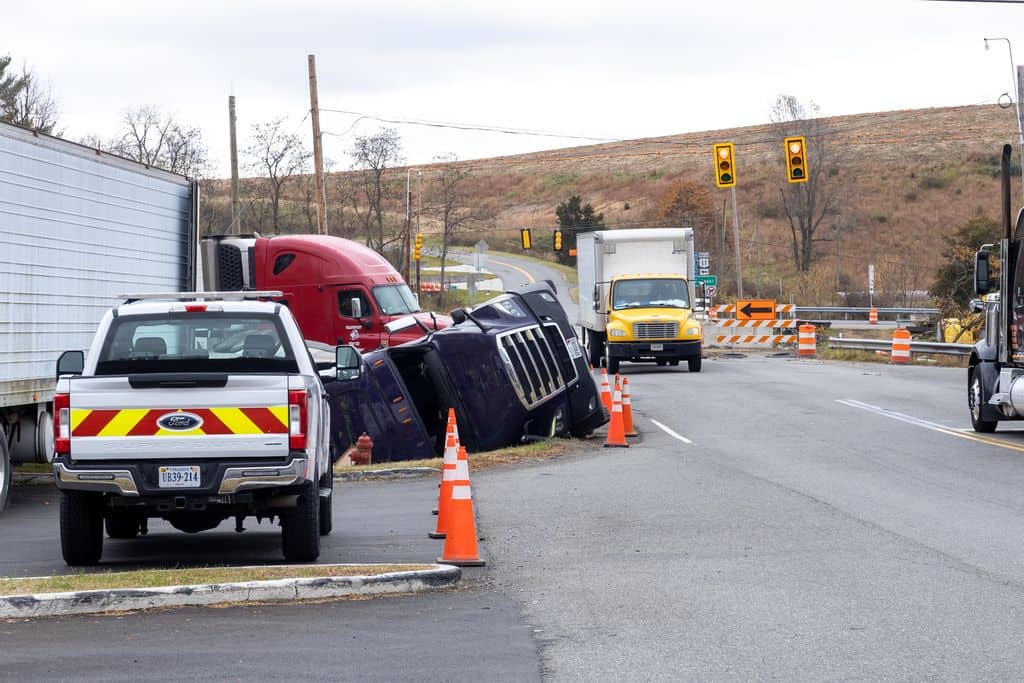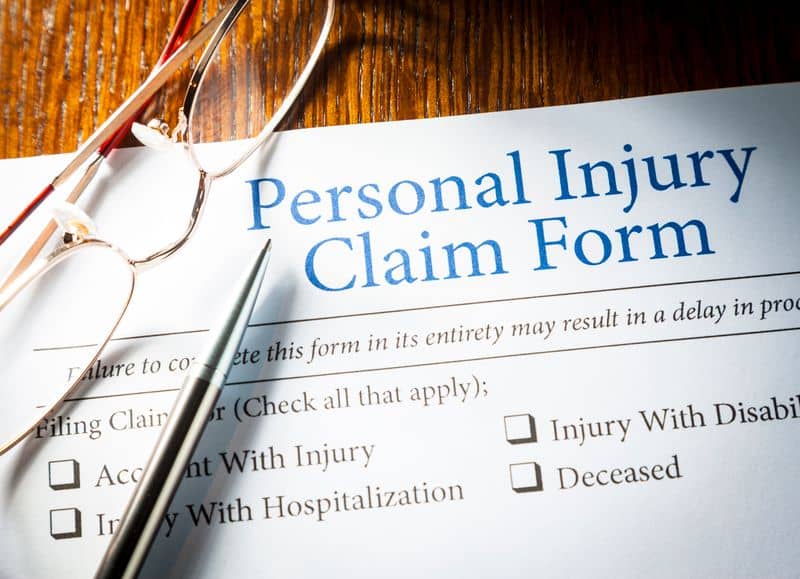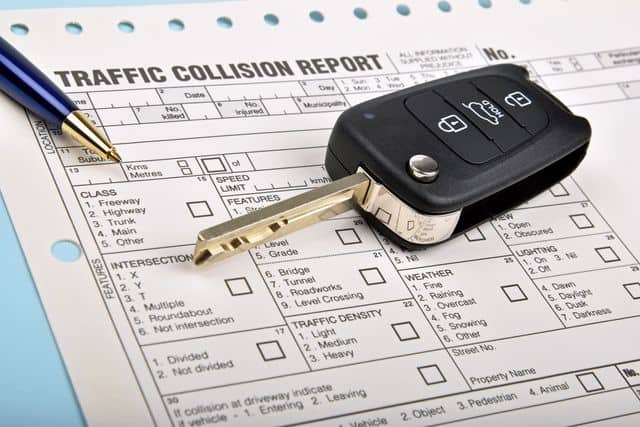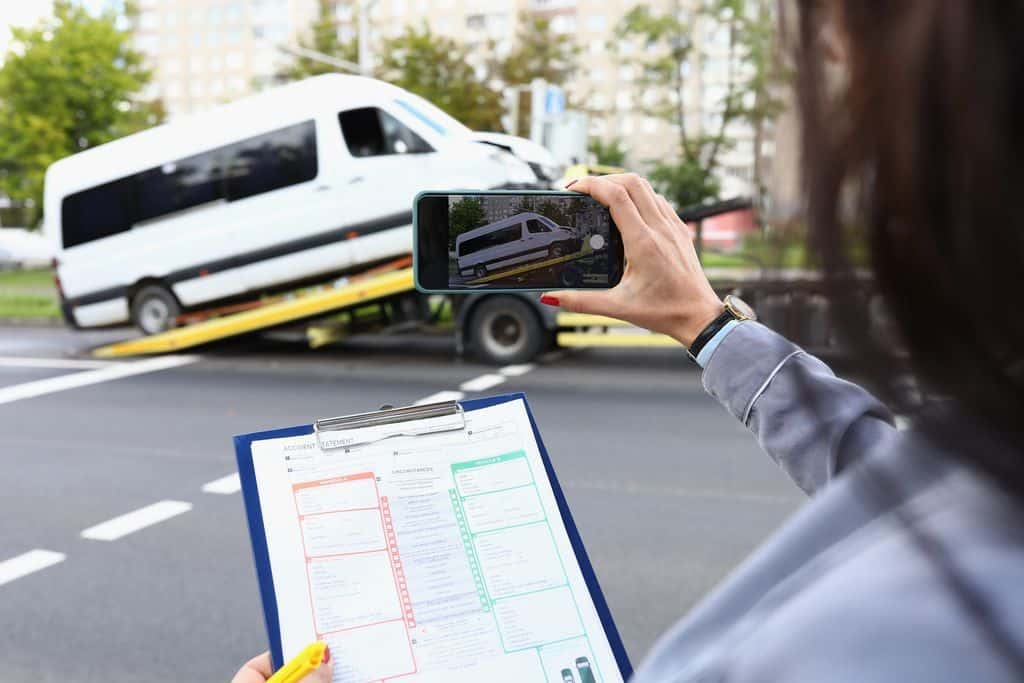When dealing with semi-truck accident cases, the landscape is markedly different from typical vehicular accident litigation. These cases are not only more complex due to the federal and state regulations governing the trucking industry, but also because of the severe damages and the catastrophic injuries often involved. Non-trucking attorneys may find themselves at a significant disadvantage if they don’t understand the nuances of these cases.
This is why if you have been injured in a truck accident, it’s crucial to seek representation from a truck accident attorney who has experience and knowledge in this specific area of law. Our experienced truck accident lawyers at Doehrman Buba Ring are well-versed in the intricacies of trucking regulations and have a proven track record of successfully representing clients in semi-truck accident cases. Contact us for a free consultation today.
So, What Are The Most Common Mistakes Non-Trucking Attorneys Make In Semi-Crash Cases?

1 – Treating a Truck Case Like a Car Crash Case
One crucial mistake that non-trucking attorneys often make is treating a semi-truck crash case as if it were merely a more significant car accident. However, this approach overlooks the fundamental differences that set truck accidents apart. Firstly, the trucking industry is subject to a distinct set of federal and state regulations that do not apply to regular passenger vehicles. These rules recognize that truckers are professional drivers, expected to adhere to higher standards of care, including advanced defensive driving techniques to prevent accidents. They also have different insurance and licensing requirements, which impact the litigation process.
Additionally, the entities involved in trucking cases—ranging from trucking companies and maintenance providers to freight shippers—introduce a complex array of potentially responsible parties, further complicating legal proceedings. The unique issues at play, from specialized industry practices to the significant impact of these accidents, demand a dedicated approach that acknowledges the distinct nature of truck crash cases.
2 – Not Preserving Evidence
A critical oversight by non-trucking attorneys is the failure to promptly preserve evidence through a spoliation letter. This legal document is imperative in semi-crash cases, serving as an official notification to the involved parties—namely, the driver, trucking company, and insurance carrier—about the claim and the necessity of preserving key evidence. It should explicitly mention the critical pieces of evidence that need to be preserved and an inspection may also be requested. By sending a spoliation letter, attorneys take a crucial step towards ensuring that vital evidence is not lost, altered, or destroyed, bolstering the strength of the plaintiff’s case.
3 – Not Inspecting the Truck As Soon As Possible
Another misstep often seen with non-trucking attorneys is not acting quickly to inspect the truck involved in the accident. It’s crucial to “get that truck” and examine it as soon as possible. This task typically requires hiring an expert who understands the mechanics and technology of commercial trucks. The offer to inspect the truck, along with a request for the preservation of evidence, should be clearly stated in the Spoliation Letter. An inspection can reveal pivotal information for the case, such as data from the truck’s telematics systems, Electronic Control Module (ECM), and recordings from dash or forward-facing cameras. This data can provide critical insights into the circumstances surrounding the crash, including the truck’s speed, brake usage, and the driver’s actions moments before the collision.

4 – Not Filing Suit Right Away
Delaying the filing of a lawsuit can be a significant miscalculation in semi-crash cases. Swift legal action is often necessary to compel compliance from trucking companies and their insurers, who may otherwise be uncooperative. For instance, when requesting a Commercial Motor Vehicle (CMV) inspection, a common response might be, “We can’t do that … It’s not our policy.” Similarly, when asking for insurance documents, the retort could be, “We require a subpoena.” In the case of negotiating settlements, trucking companies might stall by asserting that they need more documents, records, and whatever other excuse they have. Initiating a lawsuit early can give plaintiffs the legal leverage needed to overcome these stalling tactics, ensuring that critical evidence is preserved and that all necessary documentation is provided promptly.
5 – Not Finding All the Insurance Coverage
A common yet critical error made by non-trucking attorneys is not thoroughly investigating all potential sources of insurance coverage. This includes insurance for the tractor, trailer, and any larger company that might be involved, which could result in much larger insurance limits. Understanding the structure of commercial truck insurance, which may include multiple layers of coverage or self-insured retentions (SIRs), is key.
For instance, the federal minimum insurance requirement for commercial trucks is $750,000, but this increases to a minimum of $5,000,000 for trucks carrying hazardous materials. Additionally, the trailer might be covered under a separate policy. Non-trucking attorneys might too readily accept a denial of coverage without considering the broader picture or knowing about the MCS-90 endorsement, which essentially eliminates the usual defenses insurers might use to deny coverage. This lack of comprehensive understanding can lead to a significant shortfall in available compensation for the client.
6 – Accepting Insurance Coverage Denial Too Easily
One of the pivotal mistakes non-trucking attorneys might make is too readily accepting an insurance coverage denial without scrutinizing the unique conditions that apply to commercial truck cases. Particularly, they may overlook the MCS-90 endorsement, a critical component in the world of trucking insurance. This endorsement acts as a form of surety, ensuring that public liability claims for bodily injury, property damage, and environmental restoration are satisfied, regardless of policy defenses that might typically apply, such as lack of notice, non-cooperation, or even policy cancellation.
It’s essential to demand proof of any claimed policy cancellation, as federal motor carrier safety regulations define strict timelines and criteria for such actions.
7 – Missing Potential Liable Parties
Non-trucking attorneys might overlook various potentially liable parties when pursuing compensation in truck crash cases. Identifying all relevant parties is crucial for a comprehensive claim. Here is a concise list of some often-missed entities:
Shipper or Broker Agency: Their responsibility may lie in failing to ensure the safety of the transportation process, including proper loading, or, in the case of a shipper, improper loading of the cargo that contributed to the accident.
Negligent Hiring: Companies may be liable for not adequately vetting their drivers or other employees involved in the shipping process.
Entities acting together with the truck driver or truck company: The ownership and operational arrangements can introduce additional responsible parties, such as a joint venture or agency.
Chameleon Carrier: These are companies that re-register under new names to evade safety regulations or enforcement actions, complicating liability and insurance claims. Identifying these entities requires diligent investigation to ensure all possible sources of compensation are pursued.
8 – Settling Too Quickly and Overlooking Other Liable Parties
A hasty settlement with a driver or Motor Carrier (MC) agency, aiming for quick compensation, can inadvertently eliminate the possibility of pursuing other potentially liable parties. Attorneys without specialized knowledge in trucking accidents might not realize that controlling the vehicle or the driver can equate to agency. This principle means that companies exerting control over the driver’s actions or the truck’s operation could be held accountable for accidents, even if they are not the direct employer or owner of the vehicle.
Understanding the nuances of control and agency relations is critical. A convincing argument can be made that entities with operational control, such as logistic companies or contractors who dictate the terms of transport, share in the liability for accidents. Recognizing and challenging these relationships is crucial in ensuring that all responsible parties are held accountable, thus maximally benefitting the client’s case and potential compensation.

9 – Not Reviewing Post-Crash Inspection Report
Overlooking the post-crash inspection report is a common pitfall for attorneys entering a truck accident case late in the game. If the opportunity to inspect the truck firsthand was missed, it’s crucial to remember that an inspection should have been conducted by state police or another authorized entity. These reports can be critical pieces of evidence, often available through requests from state police departments. They contain detailed information on the condition of the truck at the time of the accident, pointing to potential mechanical failures or compliance issues that could contribute to establishing liability.
Maintaining the right truck condition is key to preventing mishaps, as per the Federal Motor Carrier Safety Administration (FMCSA). In simple terms, if truck parts are worn out or not set up correctly, they can cause or add to accidents. This highlights why it’s crucial to go over post-crash inspection reports thoroughly. Trucking businesses and their drivers must check their vehicles before, during, and after each trip and keep detailed records of any upkeep or fixes, as required by the FMCSA. Going through these records can offer deep insights into whether the truck was in good shape and following safety rules, strengthening a legal case. This focus on vehicle maintenance and safety checks sets truck accident cases apart from regular car accident cases, making it a vital area for legal professionals to understand and use to their advantage.
10 – Not Requesting Drug and Alcohol Testing Materials
Failing to request drug and alcohol testing materials is a critical oversight in truck accident litigation, particularly in cases involving death or disabling damage. Federal regulations mandate drug and alcohol testing under these circumstances, reflecting the heightened safety responsibilities of commercial vehicle operators. The standards for alcohol impairment in commercial trucking are notably lower than those for standard car crash cases, underscoring the importance of these tests. Specifically, the Federal Motor Carrier Safety Administration sets the blood alcohol content (BAC) limit for commercial drivers at 0.04%, half the standard 0.08% limit for non-commercial drivers in many jurisdictions. This stricter criterion reflects the increased danger posed by the impaired operation of large, heavy vehicles. Obtaining these test results can be pivotal in establishing liability, especially when impairment is a suspected factor in the crash. Effective legal representation must include the pursuit of these testing materials as part of a comprehensive approach to investigating and proving fault in truck accident cases.
11 – Not Understanding the Distinct Differences between the rules applicable to a Commercial Motor Vehicle and a Passenger Car
Operating a commercial motor vehicle is much different than a passenger car. There are different “Rules of the Road” for commercial motor vehicle drivers. Various FMCRS and related publications highlight the unique rules for operating a big rig. The regulatory provisions for truck drivers and truck companies emphasize that safety standards are not merely theoretical but are integral to the driver’s day-to-day responsibilities.
12 – Not Videoing Depositions
Not videoing depositions represents a missed opportunity in truck accident litigation. Video recordings of depositions provide a dynamic way of presenting testimony, allowing jurors to observe witness demeanor, tone, and hesitations, which can be critical in assessing credibility. While written transcripts capture the spoken word, video can capture non-verbal cues such as body language, eye contact, and emotional responses, offering more comprehensive and persuasive evidence for the court. Additionally, video depositions can be especially valuable in cases where a witness cannot attend the trial in person, ensuring that the jury still receives a powerful, visual presentation of their testimony. Failing to utilize this tool can weaken a case by foregoing the chance to communicate the full impact of a witness’s statements to the jury.

13 – Missing that the “Car Case” is a Truck Case
One of the subtle yet pivotal mistakes in truck accident litigation is failing to recognize when a “car case” is actually a “truck case.” This oversight can significantly alter the course of litigation due to the different regulatory and legal frameworks governing commercial trucks. Many attorneys might approach an accident involving what appears to be a small truck or commercial vehicle as they would a standard car accident, neglecting the stringent regulations applicable to commercial vehicles. This misclassification can lead to underestimating the case’s complexity and potential value. Recognizing that a crash case involves a commercial motor vehicle from the outset ensures that all relevant federal and state regulations are considered, the proper investigative methods are employed, and the correct defendants are identified. This approach not only ensures that all potential avenues of liability are explored but also positions the case more accurately for settlement negotiations or trial strategies, maximizing the potential for a favorable outcome for the client.
The Law Firm of Doehrman Buba Ring Wins Truck Accident Cases
The Law Firm of Doehrman Buba Ring brings decades of combined experience to the table in handling truck accident cases. Our team is well-versed in the intricate laws and regulations that govern commercial trucking and uses this knowledge to advocate effectively for our clients. Understanding the nuances of truck accident litigation, from analyzing logbooks to dissecting the FMCSRs, sets us apart and ensures our clients receive knowledgeable and robust representation. Our attorneys are dedicated to pursuing justice for victims of truck accidents, leveraging our expertise to secure the compensation our clients deserve for their injuries and losses. With a track record of success in both negotiations and courtroom battles, Doehrman Buba Ring is a powerful ally for those affected by truck accidents. Daniel J. Buba is certified in Truck Accident Law by the National Board of Trial Advocacy and the American Bar Association, a prestigious certification that very few truck accident attorneys in Indiana have obtained.
Contact us today for a free consultation and learn how we can help you fight for justice.



